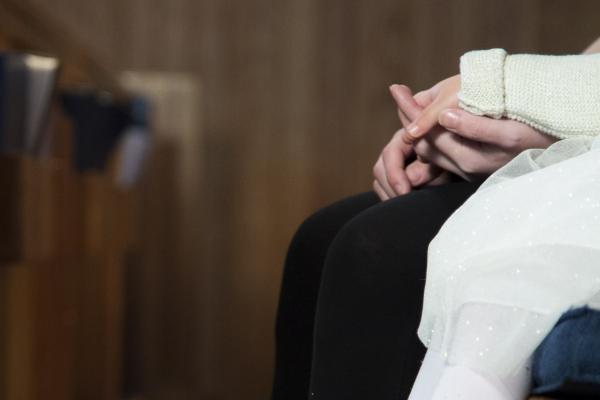May 5, 2016
For me, as a mother, the incarnation becomes tangible thus: “You will conceive and give birth to a son, and you are to call him Jesus” and [not listed in Gabriel’s announcement] he’ll be brutally killed in front of you. It becomes tangible when I again picture this mother at the foot of a cross where her son hangs. He is the savior of the world, carrying out God’s perfect plan through his death and resurrection, yes. … But he is her baby.
Read the Full Article

Already a subscriber? Login
